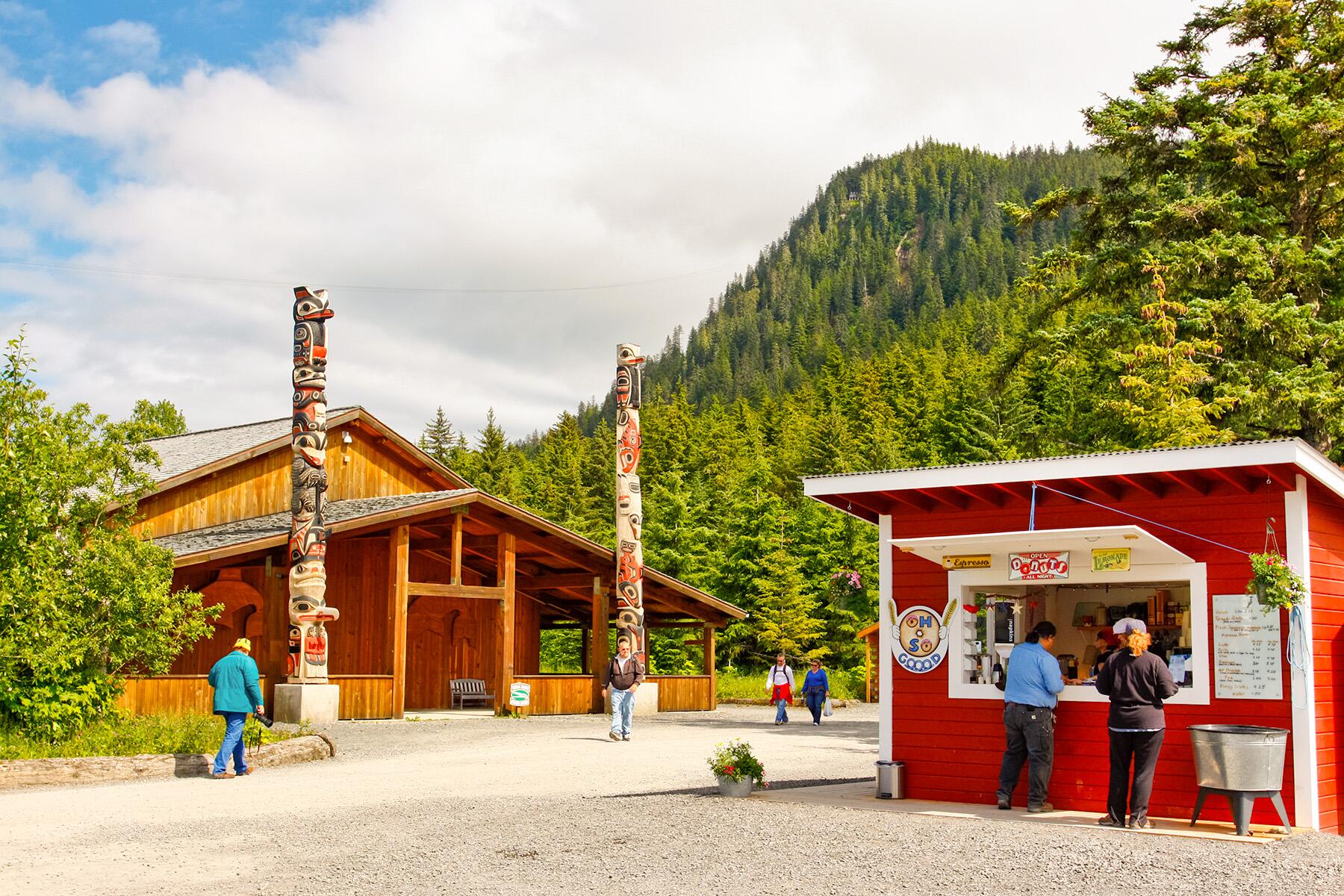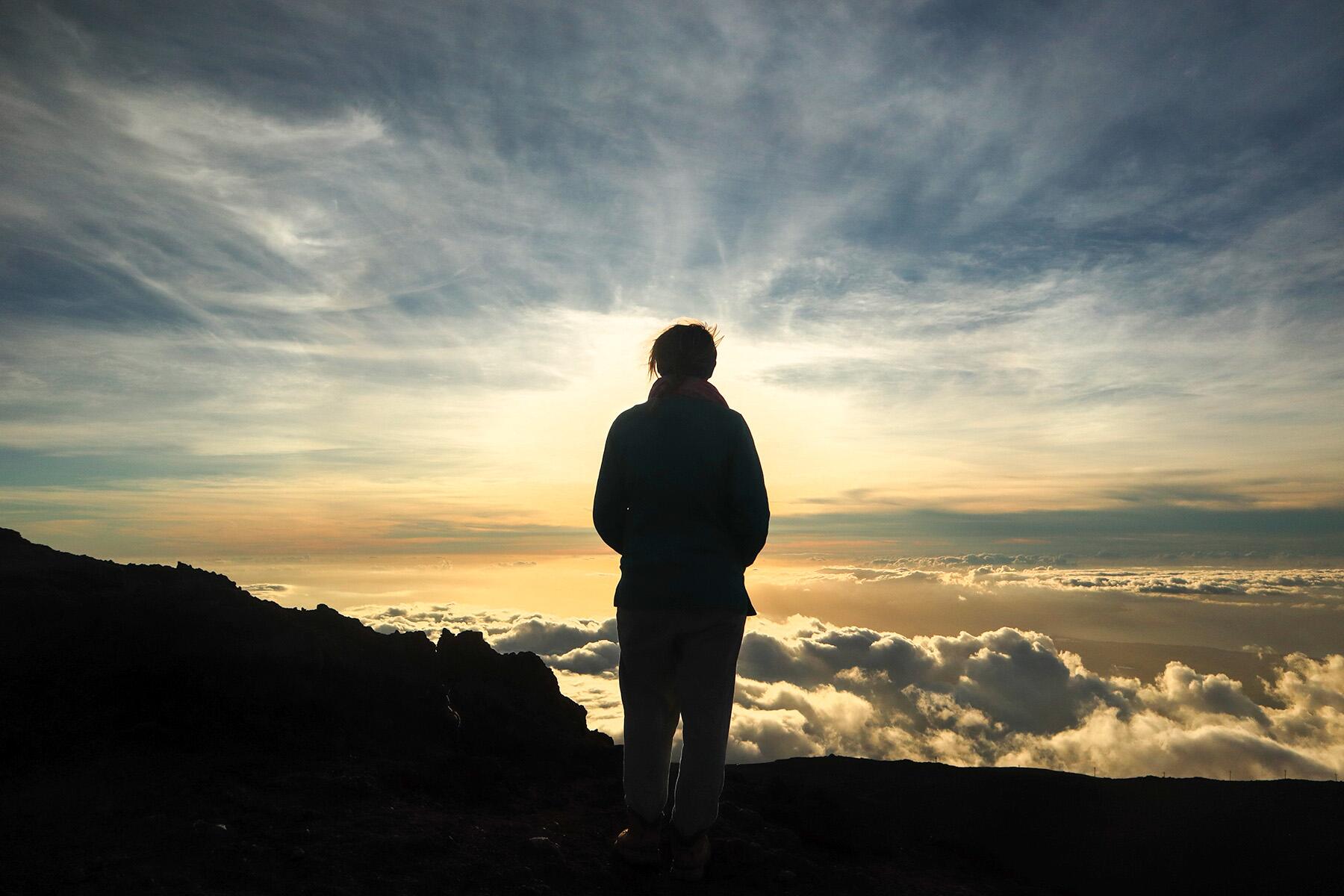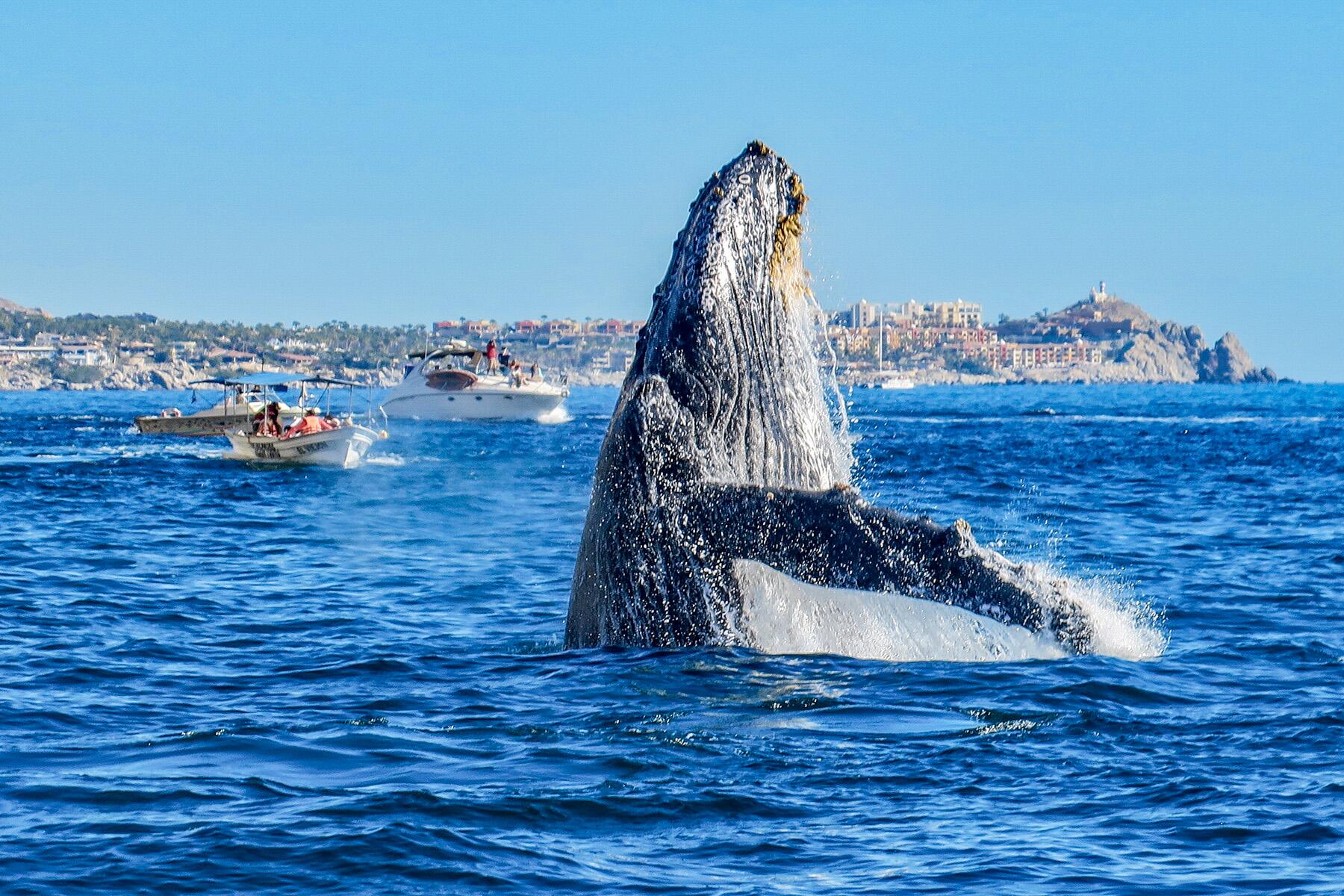Eight ethical travel tips to remember while visiting this incredible east African nation.
The East African nation of Rwanda, lovingly known as “the land of a thousand hills,” is a special place that deserves all of its many accolades. The Rwanda that travelers witness today is modern, clean, peaceful, efficient, and committed to the betterment of its people and wildlife. Luxury hotels provide a hub for travelers in the heart of Kigali as new resorts line the picturesque shores of Lake Kivu, the country’s largest lake. High-end lodges sit at the foothills of the Virunga Mountains for those traveling long distances to get up close to the endangered mountain gorilla.
Rwanda’s cities, wildlife, and striking natural places are a draw for many from across the globe. It’s also a place where even the most well-intentioned travelers can make a faux pas, especially when it comes to highly sensitive topics. As you may have read or learned in school, this small country experienced a horrific genocide in 1994. Yet it emerged better and stronger than ever. Being mindful to avoid bringing up the genocide or making simple mistakes like littering, will go a long way with citizens.
Here are eight considerations to keep in mind during your next visit to this beautiful country.
Avoid Discussing Ethnic Designation
The topic of genocide is traumatic. Given that this happened less than 30 years ago, a majority of Rwandans lost close relatives or friends in the senseless Genocide against Tutsis tragedy that claimed more than one million lives. Some endured extreme conditions simply to survive, which is why it’s important to be mindful of this topic.
Recommended Fodor’s Video
“Since the end of the genocide, the country has made a great effort to heal by forgiving those who did wrong. And to move forward as a country they’ve agreed that they are not Hutu or Tutsi, but one, they’re Rwandan,” says Tankiso Ngidi, African Safari Expert at Go2Africa.
The separation into different groups was introduced by the Belgians in 1932, explains Sunit Sanghrajka, a Kenya-born Indian and founder of Alluring Africa, a tour operator that has been organizing trips to Rwanda since 1998. These distinctions were based on physical differences, such as height and facial features, and the number of cattle a family-owned. Today, the distinction between Hutu and Tutsi is no longer part of the conversation.
Further, “asking them to identify themselves as either, encourages the same division or racism that led to the genocide,” says Ngidi.
If you are looking to learn about the genocide and honor those lost, pay a visit to the Kigali Genocide Memorial, one of six national commemorative sites in Rwanda. It is the final resting place of 250,000 victims and the exhibits provide a detailed narrative with heart-wrenching imagery. During your visit, you may talk to others about the genocide. You may also speak with someone outside of the memorial, perhaps including your guide, but with their expressed consent, suggests Ngidi.

Keep the Environment Clean
One of the many wonderful things about Rwanda is its cleanliness. City streets are constantly being swept and each and every home, even in the busiest areas, has a tidy entrance or front porch. There is no litter along the sides of the roads or anywhere else. For Rwandans, it’s a necessity to keep their environment litter-free and it comes from a sense of pride.
“The Rwanda leadership has made it a point to instill in all the pride of being Rwandan. This starts with cleanliness and the ownership thereof,” explains Sanghrajka. This is further abetted by a government-led initiative called Umuganda which, according to Prosper Uwingeli, Chief Park Warden, Volcanoes National Park, translates as coming together in common purpose. All 18 to 65-year-old adults are urged to take part in this mandatory service held on the last Saturday of every month.
The country’s ban on plastic bags (since 2008) further contributes to its cleanliness, says Uwingeli. Visitors are discouraged from bringing any type of plastic bag into the country.
“It takes great effort by your host country, city, and neighborhood to stay clean, so out of respect travelers shouldn’t litter,” states Ngidi. Keep your trash until you reach the lodge, or ask the driver/guide to find an appropriate place to recycle or throw out any garbage.
Follow Safety Protocols on the Gorilla Trek
A big draw for visitors to Rwanda is the once-in-a-lifetime opportunity to get up close to the endangered mountain gorilla, which was once on the brink of extinction. This great ape is now experiencing an increase in numbers, thanks to the efforts of the Rwandan government and the Dian Fossey Gorilla Fund.
Each year, during the Kwita Izina celebration, thousands of people come together for the ceremony to name the baby gorillas. This event, as well as the daily trekking outings, brings in a tremendous amount of tourism income that helps not only with conservation efforts, but with the betterment of those living near the parks and throughout Rwanda. Thus, the gorilla is highly valued and respected, and it’s important to honor this by following safety precautions.
“Gorilla tourism is managed under ‘strict’ conservation guidelines established to protect mountain gorillas from risks associated with disease transmission from human to gorillas, and vice versa,” says Uwingeli. These guidelines include COVID-19 PCR testing prior to the trek, wearing an N-95 or surgical mask, and maintaining a distance of 20 to 30 feet from the gorillas.
If you are feeling sick, stay behind. “Gorillas share 98% of our human DNA and can be receptive to our common colds, flu, and viruses. So even if it’s not COVID, trek with caution,” recommends Ngidi.
During the hour-long visit, gorillas might approach you. In this situation, Nigdi suggests listening to the guides’ instructions and following their lead, as they are the ones who navigate the park every day and understand gorilla behavior and every part of the forest.

Be Mindful During Wildlife Encounters
Seeing the endangered mountain gorilla in the wild is an exciting time. Each gorilla trekking group consists of eight members, one to two guides, and a number of porters. Ngidi recommends being mindful of the conversations around others. “The guides are there to answer your questions, so make sure you’re giving others an opportunity to ask as well.”
During the gorilla visit, it’s recommended not to eat, drink, or smoke. Feeding gorillas and leaving any of your food behind is discouraged. “When gorilla trekking, you want to ensure that whatever you came in with you leave with. Garbage can be tossed away back at the park’s headquarters,” suggests Ngidi.
Furthermore, if you’ve got a great spot to capture the best photo, take your chance (without using flash) and then let someone else have the opportunity to take their pictures.
Do not point at the gorillas, or make sudden moves or loud noises, which could startle them. Most importantly, “do not imitate the mountain gorilla behavior like beating the chest, because it might send the wrong message to the mountain gorillas,” reminds Sanghrajka.
Do Not Go Off-Roading at Akagera National Park
Akagera National Park, spanning 433 square miles along the eastern part of Rwanda, was overrun by cattle in the aftermath of the genocide when refugees settled in various areas. Today, it’s the largest protected wetland in Central Africa, featuring lakes, savannas, and sandstone hills, and is home to savanna-adapted species. This is in part thanks to the partnership between African Parks and the Rwanda Development Board, which transformed this near wasteland into a prosperous National Park attracting thousands of annual visitors.
Being just a three-hour drive from Kigali, Akagera receives many travelers looking to catch sightings of the endangered black rhino, southern white rhino, lions, elephants, hippos, and birds. Visitors are allowed to drive through the park in their own or rented vehicles. However, guidelines need to be followed. For instance, visitors must remain in their vehicles at all times, except in designated overnight facilities, campsites, and picnic areas.
“Do not drive off-road and keep to designated roads only,” recommends Sanghrajka. Going off the road could lead to getting lost, making tracks, or causing damage to vegetation.
Another important thing is to drive within the speed limit, which is 25 mph (40 km/h). Bring back anything you brought into the park to ensure that it remains clean and wildlife doesn’t get too used to human foods, which are unhealthy for them. On the way out, don’t be tempted to take any of the park’s flowers, plants, rocks, or any other natural items as souvenirs. They belong in the park.

Use Social Media With Caution
During the gorilla trek or a wildlife safari, it’s natural to want to share your incredible encounter with the mountain gorillas. But Ngidi suggests being careful not to disclose the area of the animals, by disabling the GPS function on your social media applications when uploading images.
“Poachers use online and digital information to track highly endangered animals. Think twice before you make these images publicly available and consider who you are tagging,” says Ngidi.
Seek Permission to Photograph
“The general etiquette when traveling in Rwanda–or anywhere in Africa–is to always ask before taking photos of people and children, and respect their wishes if they decline,” emphasizes Ngidi. No matter where you visit in the world, people are human beings, not part of the scenery, and they deserve their privacy; taking images of children or adults without their permission is disrespecting their agency.
Sanghrajka says even if the subject has allowed travelers to photograph them, “it is for personal use and can be posted on social media, but cannot be used for commercial purposes.”
If there is a language barrier, ask your guide to request permission. In some cases, your guide will share with you how open the people are to photography. Ngidi adds, “Your guides are generally from these neighborhoods and will know how receptive (or not) these people are to photography.”
Refrain from taking images of military or government officials or buildings, completely out of protection for these individuals.
Avoid Giving Plastic Bottles, Money, or Your Personal Information
It’s not uncommon for children in villages to say “agacupa”, meaning “small bottle,” requesting visitors for plastic bottles with which to play. Rwanda has a law prohibiting single-use plastic items, which includes plastic bags and bottles; therefore, refrain from giving plastic bottles to children.
If a driver or someone you’ve encountered on your trip asks for money, abstain from doing so, as it encourages a culture of begging, which the country as a whole is trying to forgo. “We discourage guests from sharing emails and phone numbers with strangers,” says Sanghrajka. There might be a risk of you receiving messages after you’ve come home, seeking monetary contributions.
If you want to contribute, Ngidi recommends either buying food, toiletries, or clothing, donating to a local charity or shelter, or setting up an online financial contribution. Guests can also check with the lodge to see if there’s a community empowerment initiative that provides long-term, sustainable solutions. For example, at Virunga Lodge, located at the foothills of the iconic Virunga Mountains of Volcanoes National Park, the “One Sheep Per Family” Project supports three nearby villages with a $40 donation to provide its namesake. The lodge also has a women’s cooperative that trains them in basket weaving and provides the necessary materials, so they can supplement their income by selling their beautiful baskets and bowls.



